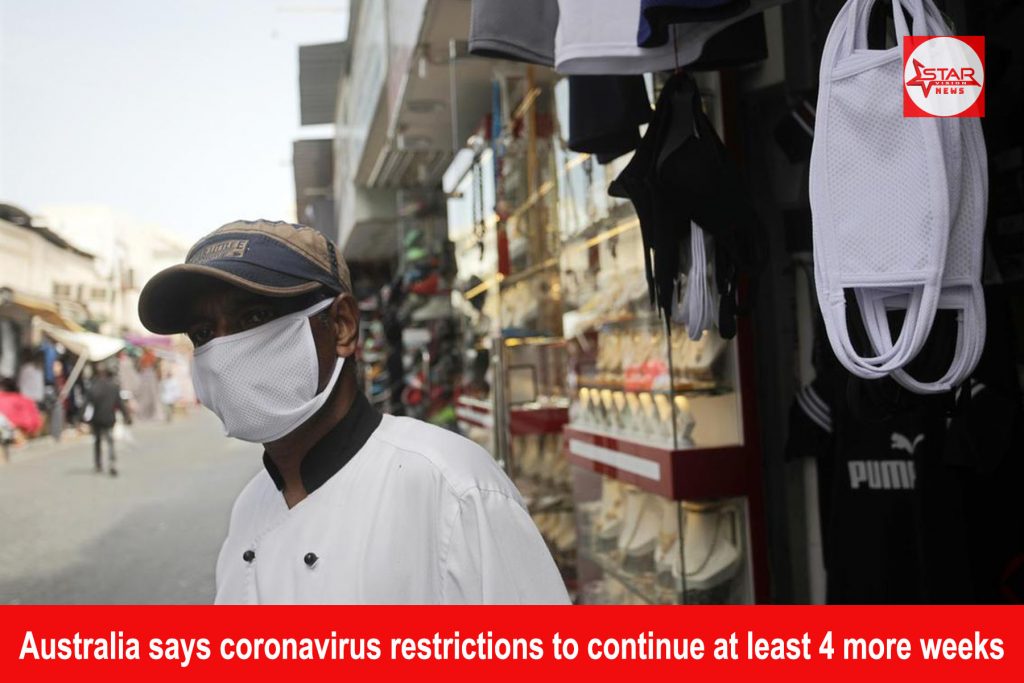Australia will keep in place restrictions implemented to curb the spread of the coronavirus for at least four more weeks, Prime Minister Scott Morrison said on Thursday, despite signs that Canberra has been successful in slowing infection rates.
Morrison said Australia will over the next month expand testing, improve its capacity to trace contacts of known coronavirus cases, and plan a response to any further local outbreaks, Reuters reported.
Morrison said these three steps will be finished within four weeks, and Australia will then review the restrictions that include curtailing the movements of residents, and the closures of schools, restaurants, and pubs.
One resident said he feels there is nowhere safer as locals and experts praised proactive measures and clear communication, reported The National.
It was only days after returning from Oman in late February that long-term Bahrain resident Helen McKee started to feel unwell reported The National.
She went immediately to American Mission Hospital to be tested for the novel coronavirus sweeping the world.
As she entered the hospital, her temperature was checked before blood and a nasal swab were taken.
She was told to expect the results that evening.
Her test came back negative for any viral infections. Had they come back positive, she would have been immediately referred to a government clinic, as part of Bahrain’s aggressive approach to testing and tracing all COVID-19 patients, which have won it international plaudits as a leading example of how to handle the pandemic.
“Honestly, I felt safe going into the hospital and knowing I didn’t have a temperature, even though I was wearing a mask anyway. I wanted to make sure I didn’t give it to anyone,” she told The National of her experience.
In recent days, all shops have been shut, gatherings of more than five people banned and a curfew has been proposed, pending a parliamentary debate.
It is also the first Arab country to confirm its participation in the World Health Organisation’s “solidarity trial” experiment, a study that will compare treatment across the world to find the most effective means of fighting COVID-19, as the search for a vaccine continues.


